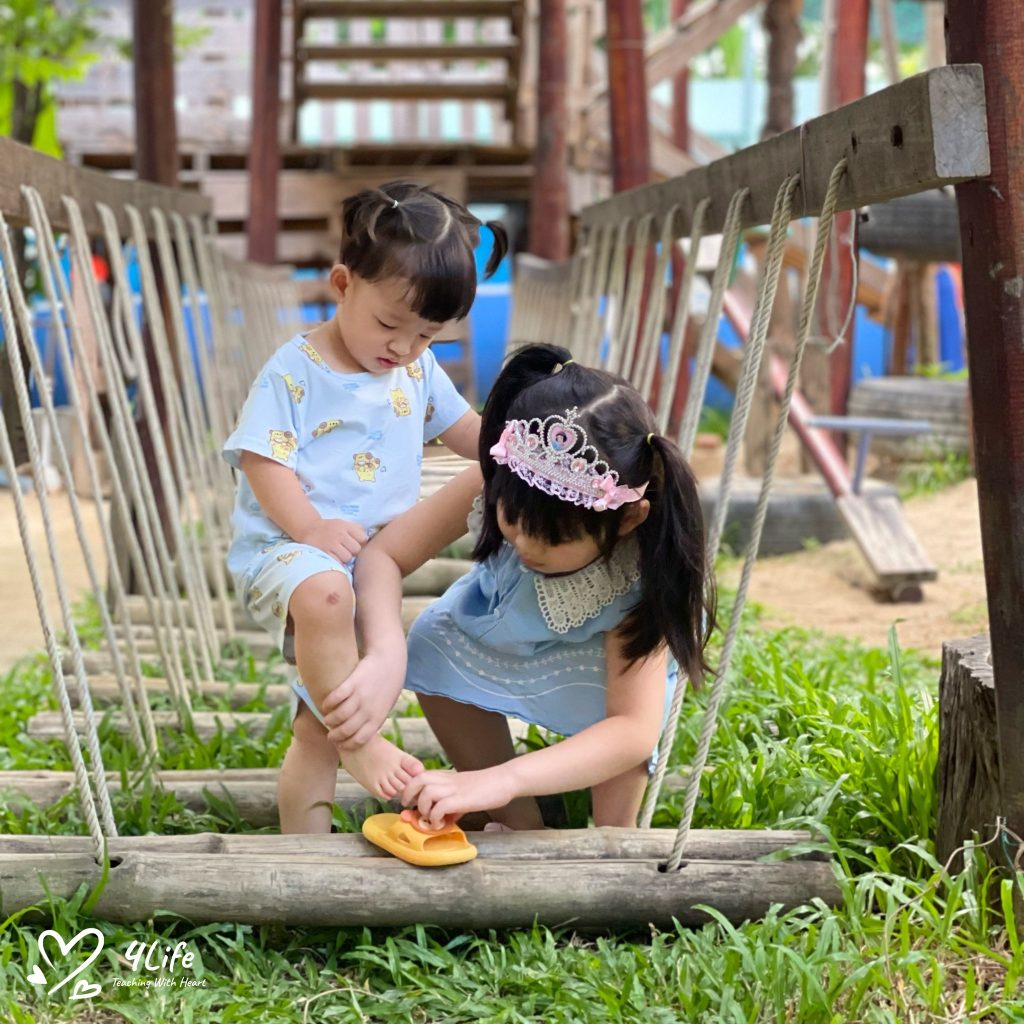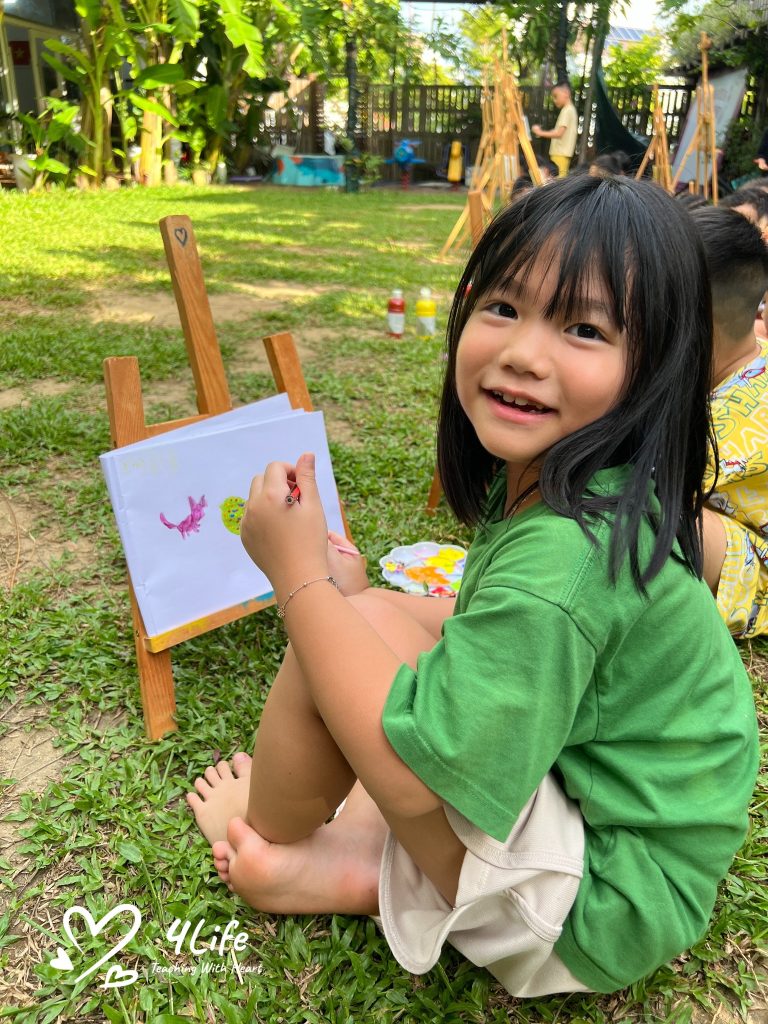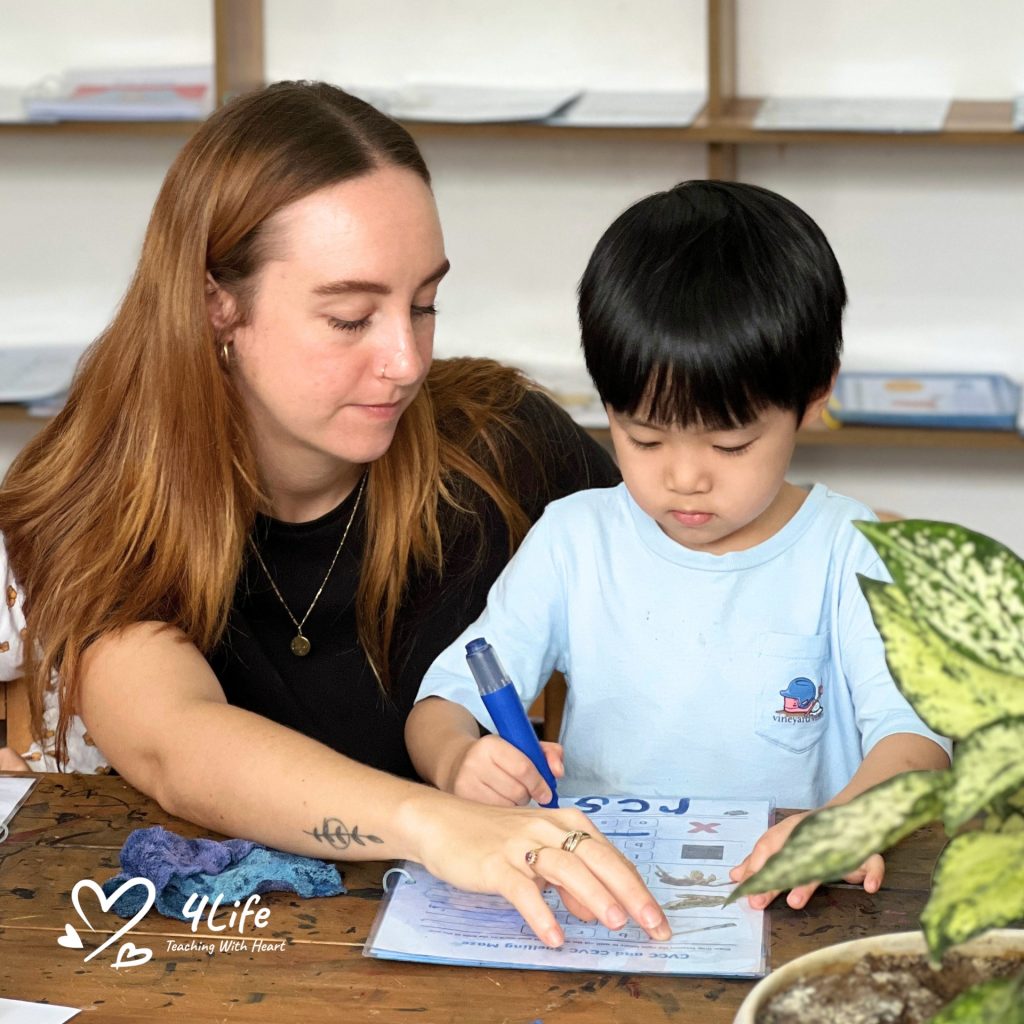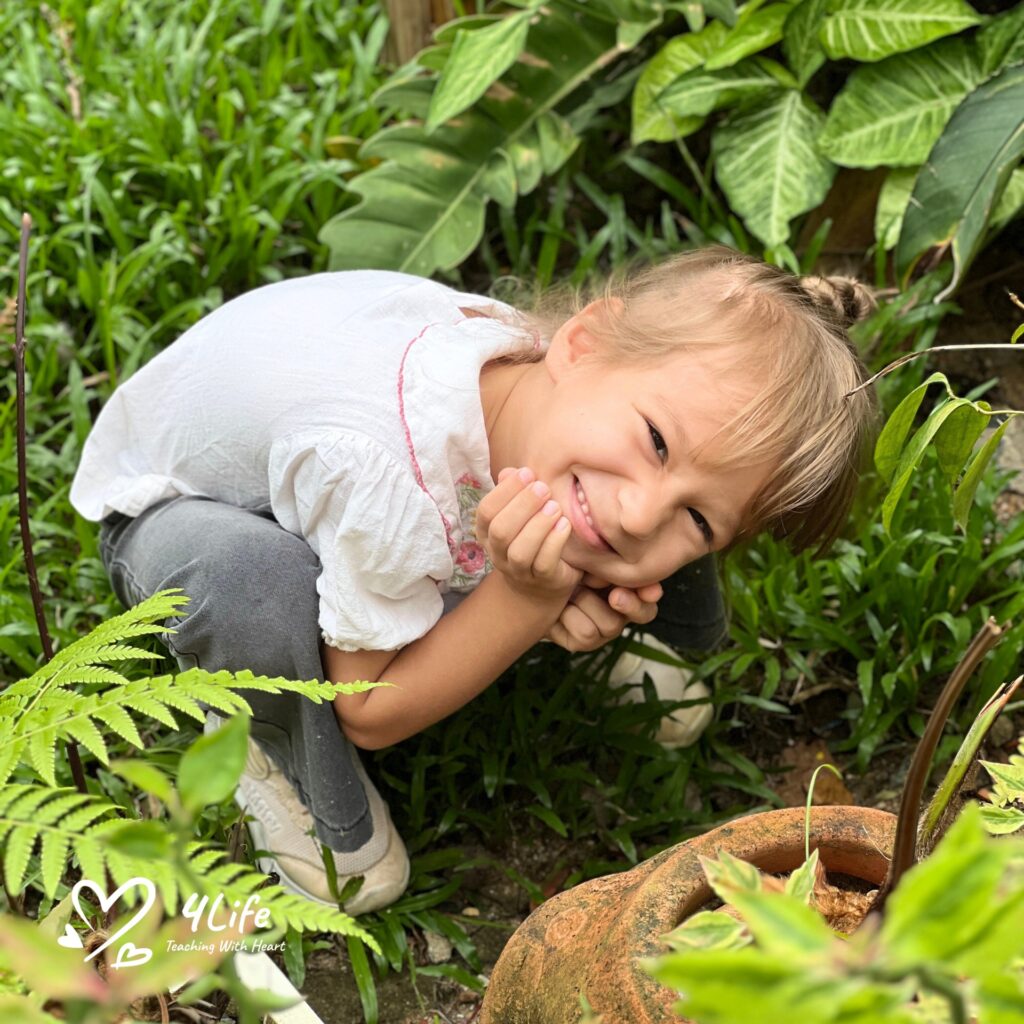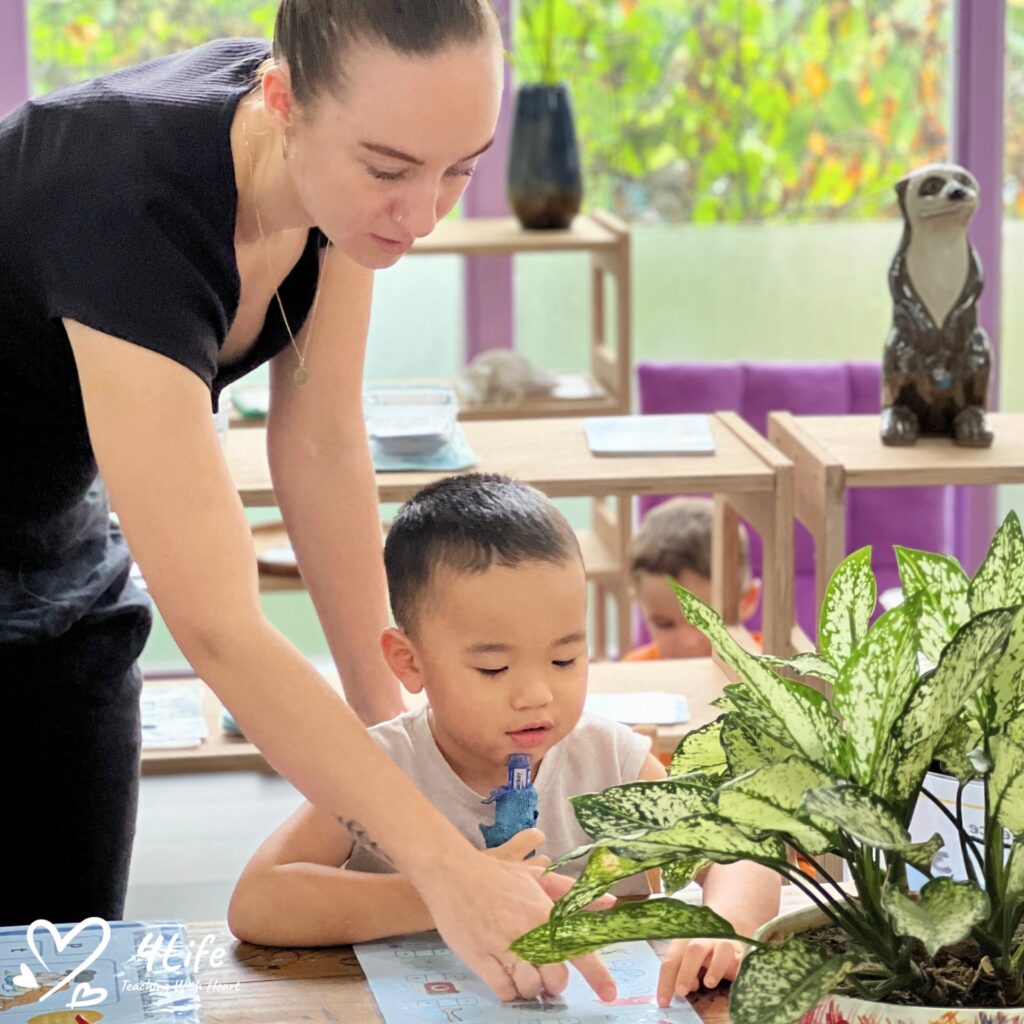Montessori Fundamental Principles
Planes of human formation
Dr. Montessori proposed that growth, development, and learning occur in distinct waves. She identified four periods of development called the planes of development. That means the child’s development occurs through specific stages of formation. These planes occur from birth to 6 years old, 6 to 12 years old, 12 to 18 years old, and 18 to 24 years old. During each plane, children and youth are naturally inclined towards different skills and activities. Dr. Montessori believed that they could make significant progress when given the opportunity to explore and practice these skills.
These human behavioural tendencies described by Montessori – exploration, orientation, order, imagination, manipulation, repetition, precision, control of error and perfection, and communication – are present throughout life, although they do not operate uniformly in the formative stages, the years from birth to twenty-four. Exploration for a two-year-old is a different matter from that of a ten-year-old or a sixteen-year-old. This realization substantiates Montessori’s argument for new divisions in education based upon the child’s developmental stages and requiring different educational environments for each.

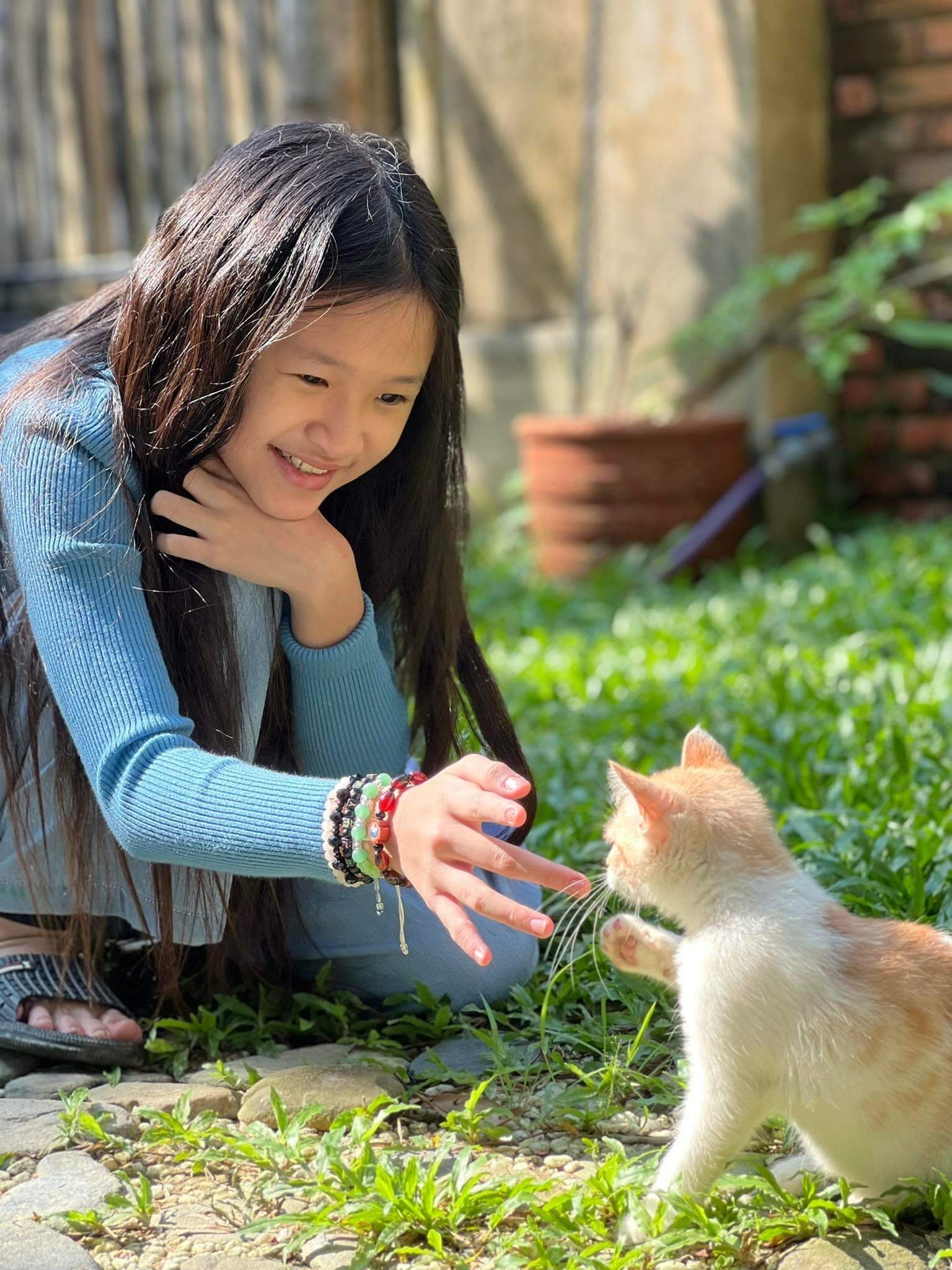
“The environment, in addition to the student and the classroom guide, is the “third teacher”.” Montessori
Human behavioural tendencies
Dr. Montessori established that humans have innate behavioural tendencies, ensuring human survival and enabling them to adapt to any group and influence changes within those groups. These tendencies are innate and have existed in every human throughout history: exploration, orientation, order, imagination, manipulation, repetition, precision, control of error and perfection, and communication.
Montessori education revolution is based on fundamental human responses, enabling complete development and adaptation to the environment. When such principles are allowed to operate, the power of human beings for a positive response to life is released. When they are thwarted, people of all ages are correspondingly
crippled.
Montessori education at each succeeding level is predicated upon the basic human urge to explore. The environments for children under six years old offer a feast of exploration for children, not of a fantasy world as in many preschools and day-care centers but the world of reality that the first human beings set out to explore. The elementary program, secondary level, and plan for the university continue this exploration of the real world, extending it beyond the classroom into the community and, eventually, to the world at large.
Exploration serves as the starting point and the basis for all subsequent human behaviour. The educational environment should be crafted to best support this initial stage for the learner.
Activity based upon a self-chosen interest
This principle is predicated upon the first two: interest is founded in the stage of formation the young person is experiencing, as well as in the personal interests of each individual. Activity is derived from behavioral urges in response to the environment. Activity is therefore universal while interest is both universal, according to the plane of formation, and specific, in relation to a unique personality.
This last principle of human development reveals another fallacy in the customary approach to education. Human beings do not develop meaningful knowledge by force. We may be coerced into memorizing abstract information, but it is soon forgotten. Rather, it is the human tendencies to manipulate our environment that lead us to build a strong conceptual base for further knowledge and, hence, to retain it.
Modern technology shows us that our brains are physiologically changed in this process of interacting with our environment. As our brains develop, we can manipulate ever more abstract concepts, but their basis remains in our original sensorial impressions of the material world. Children must form these sensorial impressions through their own activity. The adult cannot do this for them.
Equally important, children cannot do this for themselves if they are forced to sit in a chair and only watch or listen to others. They mustact for themselves!


The educational plan that Montessori eventually evolved, based upon her observations and which we will discuss in detail in later chapters, contains three essential elements: a prepared environment, a prepared adult, and freedom with responsibility. By changing the details of fulfilment for each of these criteria in the differing planes of development, Montessori allowed for the changing needs and interests of the child in successive ages. Far from being a continuous linear ascent as in regular education, Montessori education alters with each plane in the child’s development. In this way, each stage serves as a solid foundation upon which the next may be built.
Montessori’s very clear and specific educational ideas are truly An Answer to the Crisis in Education.
“The conceptions of the old schools, where teaching continues in the sameway as in times profoundly different from ours, are clearly inadequate.” – Maria Montessori


